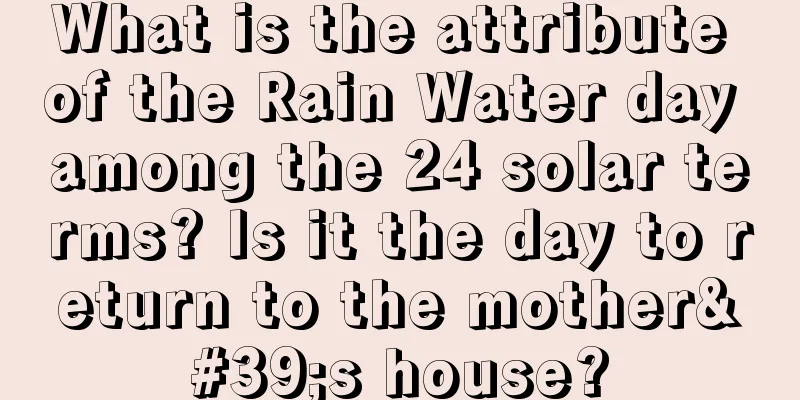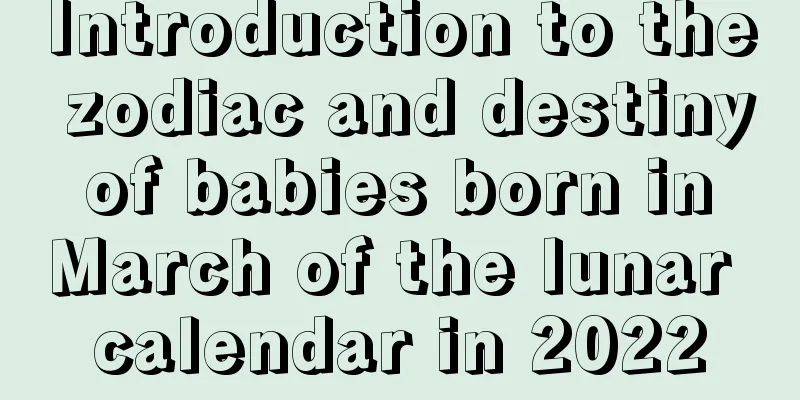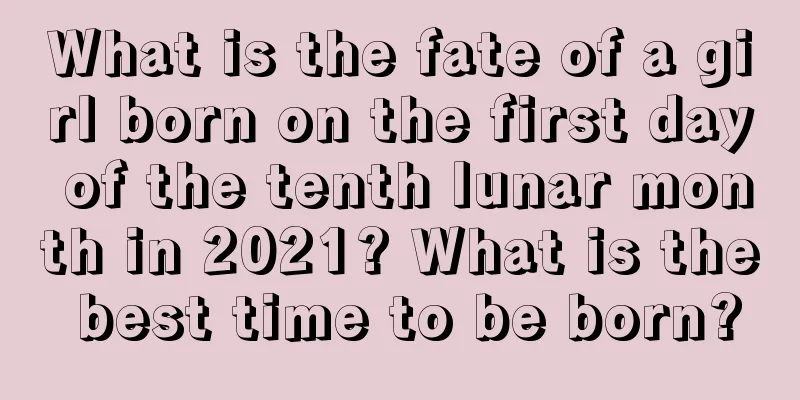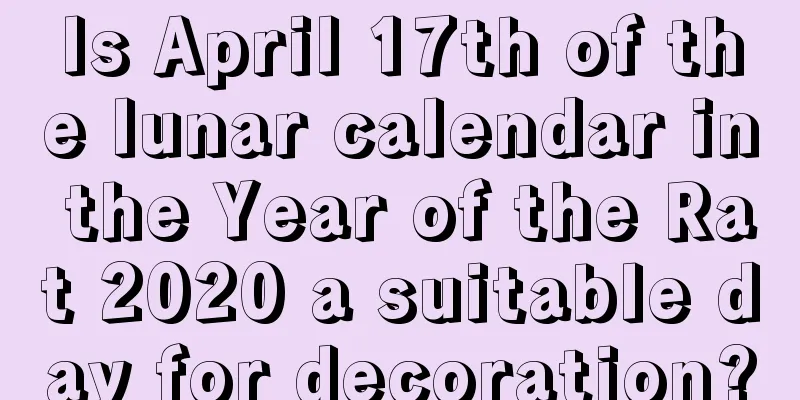What is the Grain Rain solar term? What is the story behind it?

Introduction: The solar terms are one of the ancient calendars of our country. The existence of the solar terms has brought certain influence and promotion to the development of farming culture. Grain Rain is one of the 24 solar terms and also the last solar term in spring. So what is the Grain Rain solar term and what is the story behind it? Let’s follow the editor to find out. Mr. Shui Mo will tell you how beautiful every day in the third month of the lunar calendar is, and how touching every day in March is, because the drizzle in March brings you poetic longing.What is the Grain Rain solar term?Guyu is the sixth solar term of the twenty-four solar terms and the last solar term in spring. It occurs when the sun reaches 30° of the ecliptic longitude from April 19th to 21st every year. It comes from the ancient saying that "rain brings forth hundreds of grains." It is also the best time to sow seeds, transplant seedlings, and plant melons and beans."The snow stops in Qingming and the frost stops in Guyu." Meteorological experts say that Guyu is the last solar term in spring. The arrival of Guyu means that the cold wave weather is basically over and the temperature will rise faster, which is greatly beneficial to the growth of cereal crops. Origin of the Grain Rain solar term:Guyu means "rain brings forth all kinds of grains" and it occurs when the sun reaches 30° of the ecliptic longitude on April 20 or 21 every year.During the Grain Rain season, in southern China, "the poplar flowers have all fallen, the cuckoos are crying", willow catkins are flying, the cuckoos are crying at night, the peonies are blooming, and the cherries are ripe. The natural scenery tells people that it is late spring. At this time, the temperature in the south rises rapidly. Generally, the average temperature in late April, except for northern South China and some western areas, has reached 20℃ to 22℃, which is more than 2℃ higher than mid-month. In the eastern part of South China, the temperature often rises above 30 degrees for one or two days, making people begin to feel the heat. The low-altitude river valley areas have also entered summer. In ancient China, Grain Rain was divided into three stages: "The first stage is when duckweed begins to grow; the second stage is when cuckoos flap their feathers; the third stage is when hoopoes descend on mulberry trees." This means that after Grain Rain, rainfall increases, duckweed begins to grow, then cuckoos begin to remind people to sow seeds, and finally hoopoes begin to be seen on mulberry trees. During the Grain Rain solar term, the high-altitude westerly jet stream in East Asia will once again weaken significantly and move northward. The warm and humid air mass in South China will be relatively active, the westerly belt will circulate frequently from west to east, and the low pressure and Jianghuai cyclone activities will gradually increase. Under its influence, there will be continuous rain or strong winds and rainstorms in the Jianghuai region. Grain Rain is the last solar term in spring. At this time, the seedlings in the fields are first planted and the crops are newly planted, which need rain the most. That is why it is said that "spring rain is as precious as oil." Summary: Through the above article, we know the meaning of the Grain Rain solar term and its origin. I hope that everyone will have a certain understanding of the Grain Rain solar term, and have a deep understanding and love for traditional culture! |
<<: Is the Grain Rain season in 2017 suitable for marriage?
>>: What is Grain Rain? What is the meaning of Grain Rain?
Recommend
Is it okay to have a caesarean section on March 19th of the lunar calendar in 2022? What's the omen for this day?
Each season is divided into three months: Meng, Zh...
Can I go on a date on the Beginning of Spring in 2020? How many days are left until the Beginning of Spring in 2020?
Introduction: The Beginning of Spring is one of th...
What is the exact time of the Beginning of Summer in 2019? Why should we eat eggs on the Beginning of Summer?
Introduction: The Beginning of Summer is one of th...
Is it a good idea to pick up the car on March 18th of the lunar calendar in 2018?
An ancient poem says, "Fireworks are everywh...
Is it possible to put up the beams on December 23rd of the lunar calendar in 2018? How the hexagram looks like
Although customs vary from place to place, the cer...
Is April 29, the day after Grain Full in 2020, an auspicious day for repairing graves? What are the taboos of Grain Full?
Introduction: Repairing graves is also one of the ...
Is it a good time to travel on September 23rd of the lunar calendar in 2019? Is today’s fortune good?
Is it a good time to travel on September 23rd of t...
In which direction is the God of Happiness at each hour on the 25th day of the eighth lunar month in 2020?
The eighth month of the lunar calendar is also kn...
Is it okay to pray for a child on November 22, 2019 in the lunar calendar? When will I give birth today?
Is it okay to pray for a child on November 22, 201...
The mysterious custom of praying for a child on February 2nd. Is it possible to pray for a child on February 2nd in 2022?
Different regions have different customs on Februa...
What is suitable to eat during the Autumnal Equinox? What should we pay attention to during the Autumnal Equinox?
The arrival of the Autumnal Equinox brings with it...
A complete analysis of the fortune of people born in the Spring Equinox under the Zodiac Pig
The fate of those born under the sign of the Pig i...
Is July 22, 2021, an auspicious day in the lunar calendar? Is it good to pray?
The quality of each day is different, and the thin...
Analysis of the fate of girls born on the first day of the fourth lunar month in 2021
Those born in April are smart and talented. So wha...
What are the do’s and don’ts on April 19th of the lunar calendar in 2020?
What are the do’s and don’ts on April 19th of the...









